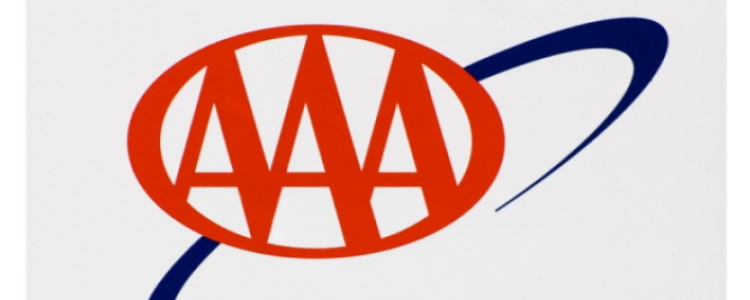When you're financing a vehicle in the U.S., you're required to carry full coverage car insurance, no matter your credit situation. But what, exactly, is "full coverage"?
Auto Insurance in the United States
Even when you're not financing, the U.S. requires drivers to have some form of auto insurance in order to protect you and others from running up extensive costs in case of an accident, injury, or property damage. Each state has their own minimum coverage requirements.
When you have a car loan, however, you don't own the vehicle until it's paid off. For this reason, lenders determine the amount of full coverage insurance you're required to carry in order to protect you, as a primary driver, themselves, and their asset.
The required coverage details are typically included in your auto loan contract, or in a separate agreement to provide insurance – both of which you're required to sign before you can drive off in a financed car.
If you fail to carry the proper insurance, you risk the consequences of either paying more than normal for coverage or defaulting on your auto loan. In the first instance, lenders may insure the vehicle you're driving when they become aware of a lapse in coverage.
However, they may not use a plan whose payments are as low as you could find, yourself. This costs you, because the lender can then roll this insurance payment into your monthly car loan payment.
The second scenario could be that your lender becomes aware of your lapse in insurance. If it's not taken care of in a timely manner, they could declare that the loan is in default since you're not upholding your part of the contract. This could lead to the repossession of your vehicle.
Getting Full Coverage Car Insurance
By definition, full coverage should cover the widest range of possibilities that might happen to a car, as opposed to partial coverage. For example, full coverage auto insurance usually covers theft, accidents (no matter who's at fault), and other types of damage. A lesser amount of coverage, like liability, may only cover medical bills and property damage when you're at fault.
Now that you're aware of the requirements and consequences for carrying full coverage insurance when financing a vehicle, let's look at what full coverage insurance includes:
- Collision – This helps you to cover repairs that are accident-related, whether you're at fault or not.
- Liability – This insurance usually covers damages to property and medical coverage for those injured in an accident when you're at fault.
- Comprehensive – Damage doesn’t always come from an accident with another car. This covers things like hitting an animal, natural disasters like flooding, falling tree limbs, hail, and theft.
- Uninsured/Underinsured motorist – If you're in a collision with a driver who doesn't have auto insurance or has too little insurance to cover the damage to your vehicle, this type helps protect you.
To get an estimate on how much insurance may cost for you, check out our car insurance resource here.
Finding a Vehicle to Insure
If you're thinking about getting an auto loan, or are looking for your next vehicle, remember the type of car insurance coverage you need. As a credit-challenged consumer, you need to make sure that you not only get the right type of insurance, but find the right type of lender for an auto loan, as well. At Auto Credit Express, we can help with that.
When you need to find a lender for a tough credit situation, your best bet is to look for a special finance dealership in your area. These dealers don't always stand out in a crowd, but we know where to find them. In fact, we work with one of the nation's largest networks of special finance dealerships that have the lending resources you're looking for.
You can be on your way toward your next car loan by filling out our quick and easy auto loan request form. Let us save you the hassle of driving all over town looking for a loan! Get started with us today.
















